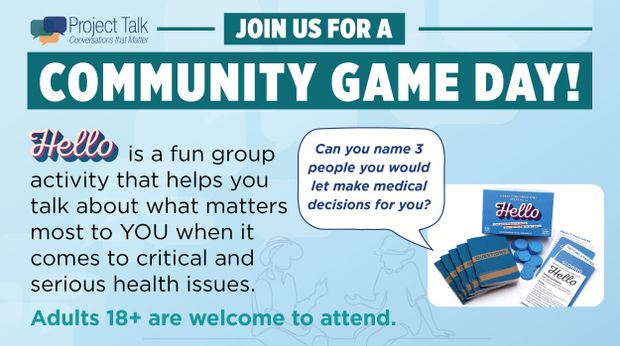Everyone reacts to trauma differently. There’s no right or wrong way to feel after a traumatic experience, but it is important to know when to seek help.
According to Quincy Medical Group (QMG) Director of Integrative Health Services Kristie Kemner-Schoen, trauma can happen after you experience an event or events that hurt you physically or emotionally.
“Trauma can impact one’s mental health in a variety of ways. Abuse, whether physical, emotional, verbal, or sexual, can have long-term effects on your mental health,” she noted.
Experiencing abuse or other trauma can put you at risk of developing mental health conditions, such as anxiety disorders, depression, post-traumatic stress disorder, excessive substance and drug use, and borderline personality disorder.
“It is important to know that we all react to trauma in different ways,” she said. “We all may experience varying degrees of physical and emotional reactions.”
These reactions could include any or all of the following: shock, denial, or disbelief; confusion; difficulty with focus and concentration; anxiety and fear; guilt, shame, and self-blame; withdrawing from others; feelings of sadness and hopelessness; feeling disconnected or even numb; and anger or intense rage.
Beyond the mental symptoms, Kemner-Schoen said you may also experience such physical symptoms as insomnia, fatigue, you are easy to startle, concentration difficulties, racing heartbeat, agitation, aches and pains, and muscle tension.
It’s important to stay aware of your symptoms and understand they may come and go.
“Trauma symptoms typically last from a few days to a few months, gradually fading as one processes the unsettling event,” she explained. “But it is important to keep in mind that even though you may be feeling better, you could be troubled from time to time by memories, events, anniversaries, or even something that may remind you of the trauma.”
Recovering from trauma can take time, and everyone heals at their own pace, but if months have passed and your symptoms aren’t letting up and are affecting your home, personal, and/or work-life you may want to consider professional help from a trauma expert.
Kemner-Schoen says you may want to seek professional help if you are:
- having trouble functioning at work or home;
- suffering from severe fear, anxiety, or depression;
- unable to form close relationships;
- experiencing terrifying memories, nightmares, or flashbacks;
- avoiding more and more things that remind you of the trauma;
- feeling emotionally numb and disconnected from others; and/or
- using alcohol or drugs to feel better.
For more information about Behavioral Health Services at QMG, visit quincymedgroup.com or call 217−222−6550, ext. 3418.
Health Topics:







